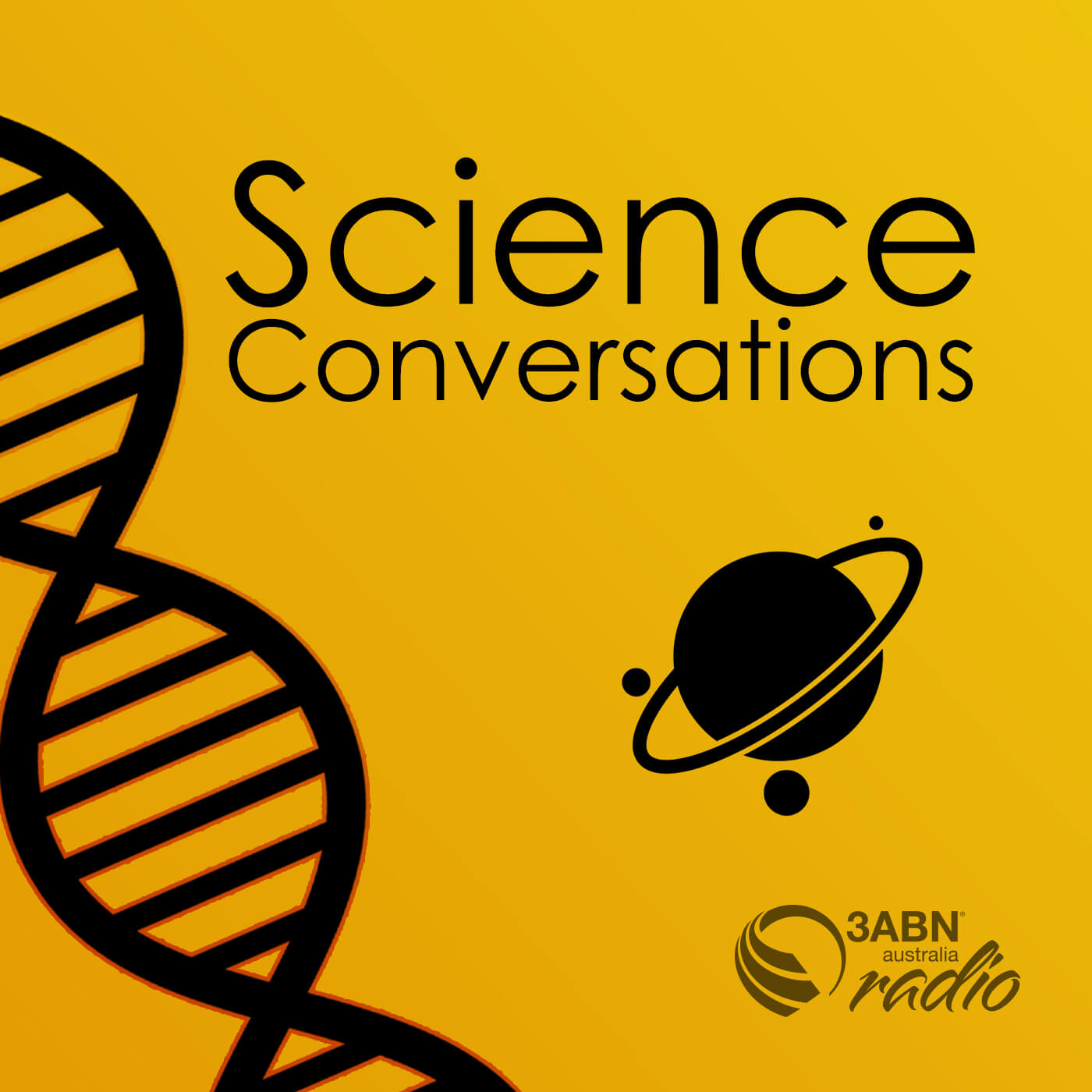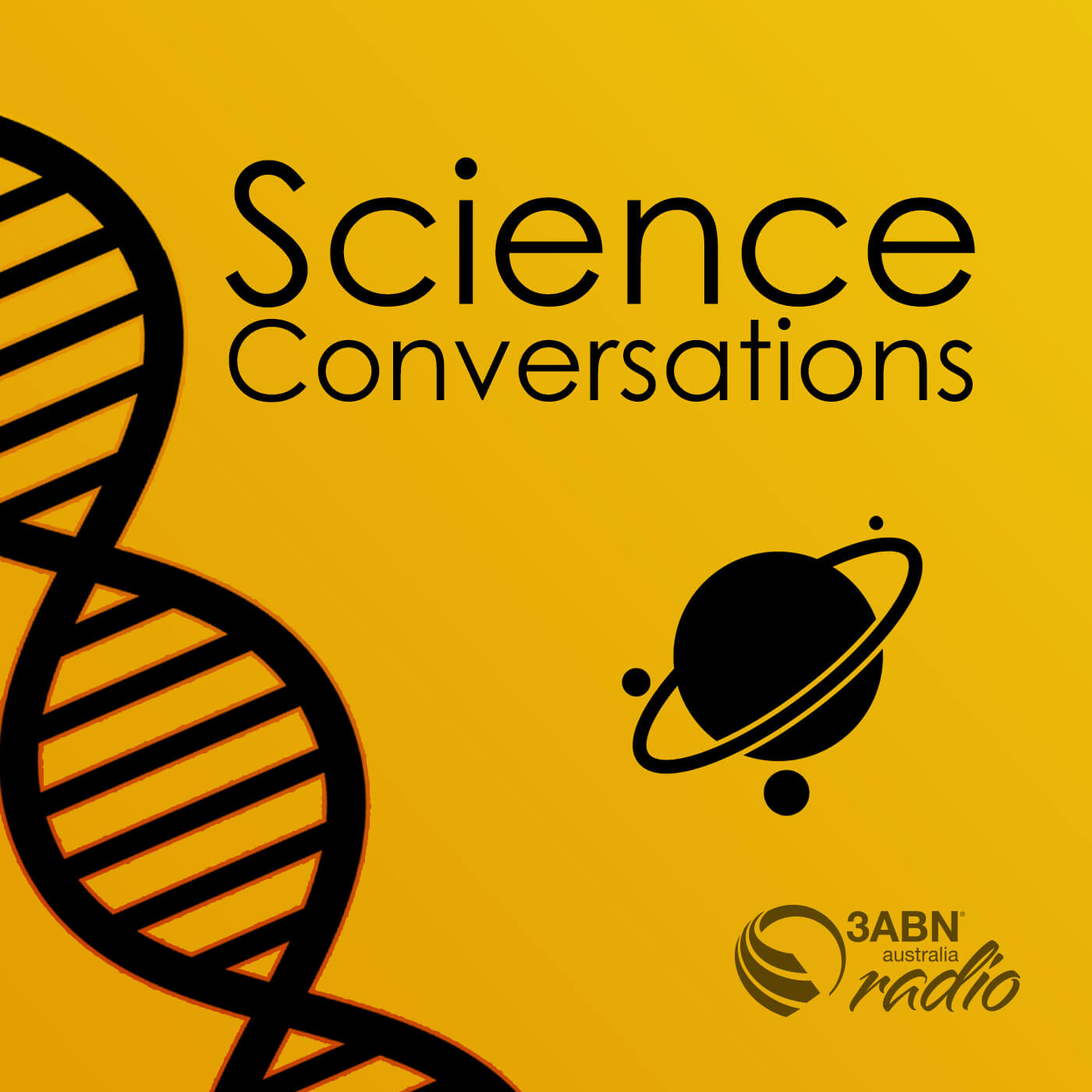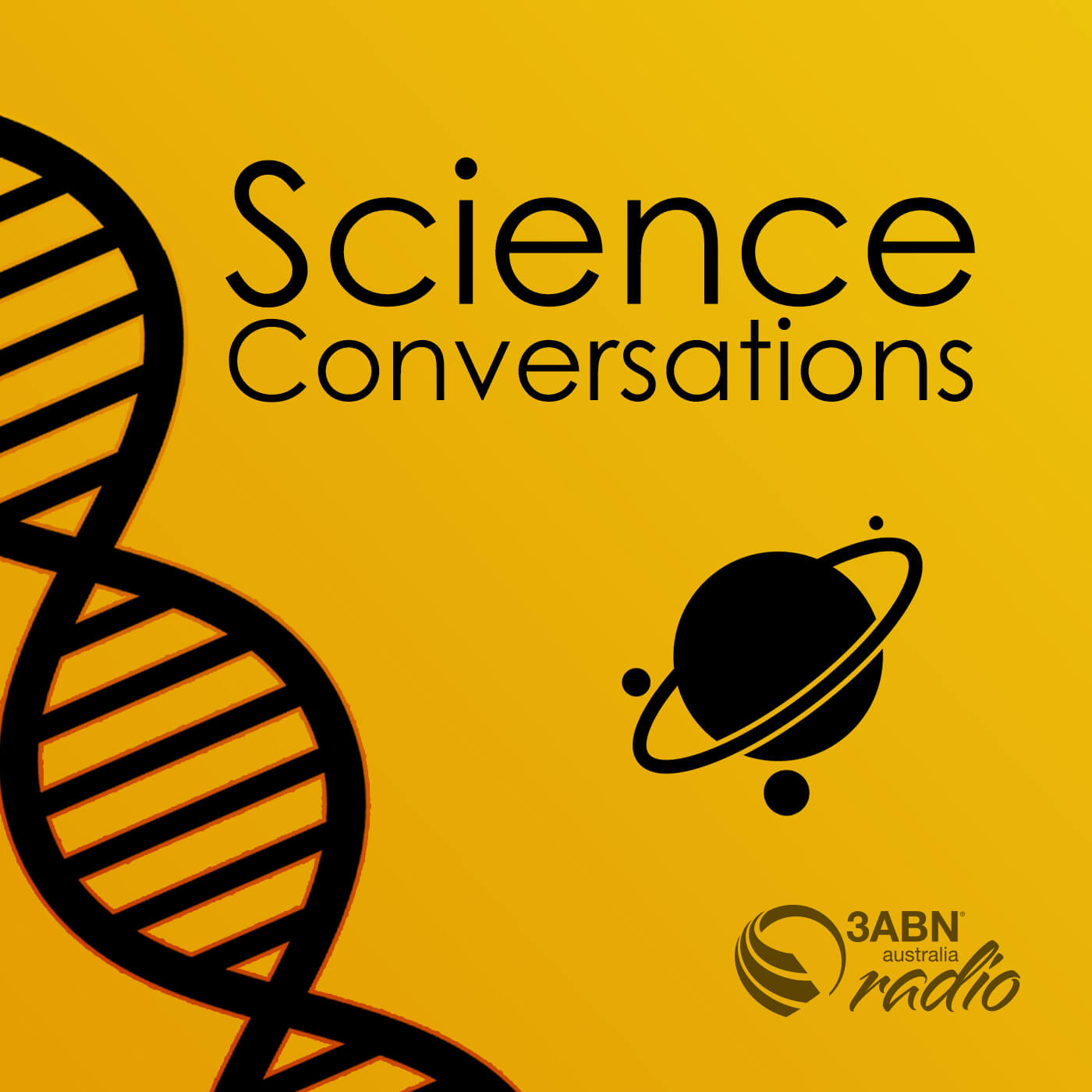Episode Transcript
Speaker A
Welcome to Science Conversations. I'm Kaysie Vokurka. Can living cells arise by chance? Joining me to discuss part one of this topic is Dr. John Ashton. Welcome to the programme. Dr. JOHN hello, Kaysie. Good to have you with us again. And today we're going to be referring Once more to Dr. John Ashton's book, Evolution Impossible. And we'll be looking a little bit more at some of the content from chapter three. So I'm wondering, John, what do evolutionists say about when life on Earth began?
Speaker B
Okay, so the usual view is that life began somewhere before three and a half billion years ago. So somewhere between four and three and a half billion years. And the reason for this is based on they've found some very old rocks, or when we have the geologic column, we go down through the different rock forms and the lowest ones are what we call the precamp Cambrian. So the Cambrian rocks are where we start finding lots of fossils. And so scientists looked in the, what we call the pre Cambrian rocks. These are the rocks from the date from about conventional dating 600 million years ago back to when the Earth formed. So they went back and looked at the oldest rocks and they found some very, very basic filament type fossils of what appear to be early sort of organisms. These rocks were dated at about three and a half thousand million old. And so therefore they presume that life must have started somewhere before then. But we need to understand, of course, there are major problems with the radiometric dating methods, which we can discuss later, of course, when we come to that in the book. But that's how scientists get their dates in that they say, well, we find these very primitive organisms, evidence of very primitive organisms in these rocks that old, therefore life must have started before then. So it's just a guess really, somewhere. And so that's why the biology textbooks and so forth generally give those sort of dates.
Speaker A
Right. So it's based on the geologic column with the fossils in the layers, and then they date those fossils and the rocks as well with the radiometric dating method. And that's how they come to these long age dates.
Speaker B
Yes. And they assume that life started obviously before that sometimes, but we just haven't found any fossils. Of course.
Speaker A
Yeah, for sure. Okay, so what, what then about, what do the evolutionary proponents say about how life on Earth began back then? Obviously there's a lot to kind of deduce since no one was there to see it happen. So what have they come up with? What explanations can be given for that?
Speaker B
Right. Well, when you look in the textbooks at the present Time. There is no explanation for how life first evolved. There's a number of theories that have been put up, such as, you know, some warm sort of little pond somewhere life first started, or where sometimes there's some very hot springs in the bottom of the ocean, these sort of areas. I think maybe life formed there. But the main problem is, of course, that you've got to have chemical reactions occurring to synthesise all the compounds that are required. Of course, some of the early experiments were done were the Urey Miller experiments were done in the early 1950s, where they mixed sort of some different gases that they thought might be around. Ammonia and carbon dioxide and oxygen and so forth. And they put high electric charges, electric voltages through these, like from lightning, and thought these could have produced maybe some of the early compounds that are required for life. So that's one of the problems for life starting is you've gotta produce the types of compounds in the environment that can then somehow assemble and form the living organism. So there are a number of problems with how life started. First of all, you've got to make the compounds that could possibly be assembled. And then if you had these compounds, then you've got to somehow have them assembled. And there were theories that were developed that maybe these compounds bonded to early clay particles somehow got arranged. There's heaps of theories out there, but there's no actual explanation. And one of the reasons is that we know that the simplest form of life that would be able to reproduce is actually far more complex than was originally thought. And of course, Darwin didn't know how life started either. He just talked about some organism in which life first formed. So the fact that we don't know how life formed is very important. Matter of fact, there have been some very big debates recently where people have actually challenged. For example, Dr. James Tour has challenged. He's a leading synthetic chemist. That's a chemist that builds and designs new molecules and looks at the chemical reactions to make these new molecules. And he's essentially challenged that the chemistry to form the basic forms of life just can't occur in nature. And in 2024, there was a big debate with, or a meeting with leading scientists looking at this. And it came out from that meeting that was held at Harvard University that at the present time there still is no known mechanism for how life can form. Now, there have been papers published, for example, in the science journal N purporting that they've now come up with a series of chemical reactions that could lead to the first life. But this has been Challenged on a number of grounds. Firstly, that the steps involved had been simplified in the paper and that are, in actual fact, a far more complex and more intermediate steps are involved. Secondly, these experiments were formed in highly sophisticated laboratories where you have pure chemicals and absolutely ideal conditions to make some of these chemicals. And one of the factors being pointed out by chemists such as Dr. James Tour is that the reactions that happened actually wouldn't occur in a natural environment. So, again, sure, they can occur in the protected environment, in a laboratory, in very clean glass equipment and so forth, but not in nature.
Speaker A
Yeah, for sure. Interesting. And I know, I think I've read that some of the people who have attempted to give an explanation have kind of just said, oh, maybe a bit of life started because it came in from outer space. Like that seems like a simpler way to explain it away because these things are so complex.
Speaker B
Well, that's right, yeah. Sir Fred Hoyle recognised that many years ago and he wrote a book, Evolution From Space. But it breaks down, that theory breaks down in that the physics and chemistry, the laws of physics and chemistry that we observe here on Earth, we assume are the same throughout the universe. And the evidence that we have for this is, for example, that when we look at the line spectra, the emission spectra of different elements here on Earth, they match the line spectra that we observe coming from outer space. And that's how we can analyse elements in outer space. So we have evidence, again from the laws of gravity. When we look at the motion of stars, when we look at the motion of planets about other stars and so forth, they all appear to be obeying the same law of gravity and so forth, that laws of physics and chemistry that we observe here. Now, if that's the case, just as impossible to arise here on Earth, it'd be impossible for life to arise anywhere in the universe, because you've got the same problem. No matter where you go in, the universe is having situations where you can somehow make all these compounds arise that are essentially unstable in nature. So this is a very, very important aspect, that at the present time, there's no known mechanism published in any of the scientific papers that I've seen or textbooks. And that continues to be the case.
Speaker A
All right, interesting. Thank you for sharing those details and we're going to talk a little bit more about this very soon. So next time we'll continue to examine the question, can living cells arise by chance? Be sure to join us.


